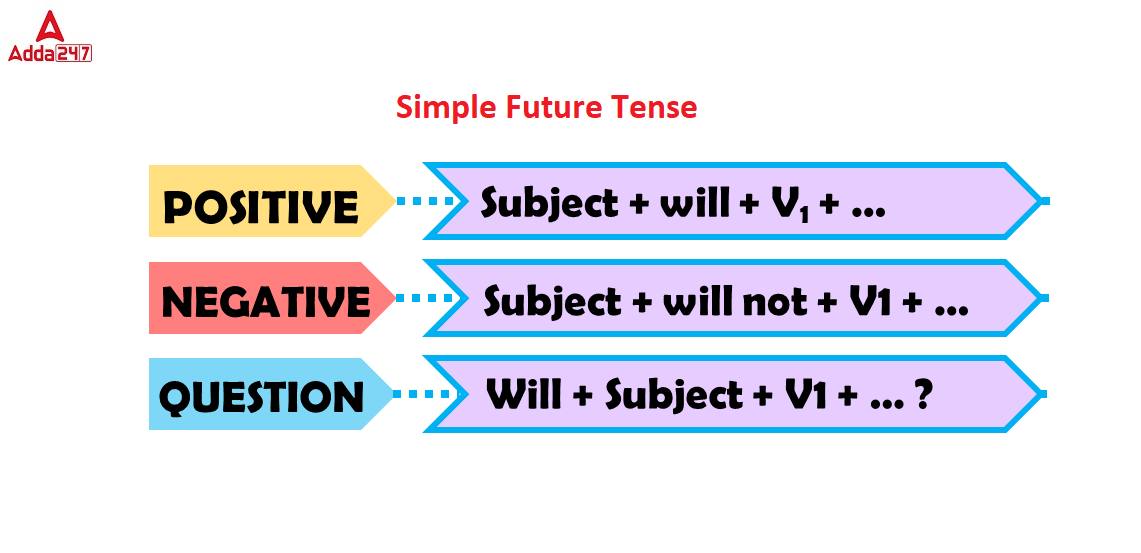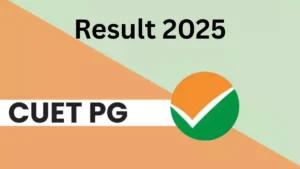Table of Contents
Future Indefinite Tense: Meaning
The simple future indefinite tense is a tense that expresses an action that will take place in the future. One fact to keep in mind is that simple future-tense actions themselves begin and end in the future tense.
Check out the following definitions provided in various dictionaries to get a better understanding of what the future indefinite tense is.
Future Indefinite Tense: Definition
The simple future tense is defined by the Oxford Learner’s Dictionary as “the verb form that expresses what happens after the present tense”. The Merriam-Webster dictionary defines the future simple tense as “a tense used to refer to the future”.
“A verb tense used when the action or event being described occurs after the time of speaking” is the Collins Dictionary definition of the simple future tense.
The Macmillan Dictionary defines the future simple tense as a tense denoting an action or event “expected to exist or occur at a time later than the present”.
Simple Future Tense: Formula
The general formula of the Simple future indefinite tense is given below
| Subject + helping verb(will) + base form of the verb+ rest of the sentence. |
The formation of the simple future tense can be analyzed with reference to positive, negative, interrogative, and negative interrogative types of sentences. Have a look at the table given below for a better understanding.
| Positive | Negative | Interrogative | Negative Interrogative |
| Subject + helping verb(will) + base form of the verb+ rest of the sentence. | Subject + will + not + base form of the verb + the rest of the sentence
(or) Subject + won’t + base form of the verb + the rest of the sentence |
Will+ subject + base form of the verb + the rest of the sentence? | Will + subject + not + base form of the verb + the rest of the sentence?
(or) Won’t+ subject + base form of the verb + the rest of the sentence? |
Examples
|
Examples
|
Examples
|
Examples
|
Future Indefinite Tense– Rules
To use the simple future tense correctly and effectively, keep some points in your mind.
Note the following when using the simple future tense: The simple future tense of a verb always requires two verbs: the auxiliary verb (will) and the base form of the verb. A question begins with the auxiliary verb “will”, followed by the subject and base form of the main verb. Negative sentences can be identified by adding “not” after the auxiliary verb “will”. Remember that the auxiliary verb “will” primarily indicates to the reader or listener that the tense used is talking about the future or future events.
Simple Future Tense Uses
Some uses are given below for Simple Future Tense:
- Represents an event or action that will occur in the near future.
- Make an assumption or prediction about someone or something in the future.
- Make or express factual statements about the future.
- To ask a question about something or someone who will do something in the future.
- Think about future outcomes, situations, or possibilities. To give an order or give an order as in an imperative sentence.
Simple Future Tense Structure- Difference between ‘will’ and ‘going to’
In the English language, there are different ways to express the future, and the two most common ways are ‘will’ and ‘going to’ . Verbally we use both but in written there is a slight difference between these two. We will learn through this article the difference between ‘will’ and ‘going to’.
When to use ‘going to’?
- When we decide or intend to do something in the upcoming future.
- I’m going to accept the job offer.
2. When there is evidence of something that is going to happen.
- There is cloudy weather, it’s definitely going to rain.
When to use ‘will’?
- We use ‘will’ when we take a rapid decision about something.
- I think I will try these two.
2. About future predictions.
- India will win this league.
Simple Future Tense Examples
Here, we will discuss some examples of Simple Future Tense Examples
- I will attend a program of his wedding ceremony.
- Jeffry will travel around the country in December.
- They will play golf on that court on Thursday.
- The poet will write a ballad for this program.
- The lyricist will write a song for this movie.
- Will you go to the concert?
- I will not attend his program because of my office timings.
- Robin will join soon in the meeting.
- I will help him to complete the task.
- We will go to enjoy the musical concert.
Simple Future Indefinite Tense- Exercise
Q.1 Fill in the blanks with the correct form of the verb as given in the brackets.
- She________ all the fruits kept in the refrigerator. (eat)
- I __________ him tomorrow. (meet)
- They __________ to hangout near the cafe. (go)
- ____ you _______ me? (marry)
- She __________ me on the airport. (hug)
- ____you_____my trust?(keep)
- We __________ this game if we practice well. (win)
- The water level in the river ________ if it rains continuously. (rise)
- He _______________ his homework by monday. (not/complete)
- She ________ pretty in that dress. (look)
Answers
- She will eat all the fruits kept in the refrigerator. (eat)
- I will meet him tomorrow. (meet)
- They will go to hangout near the cafe. (go)
- Will you marry me? (marry)
- She will hug me on the airport. (hug)
- Will you keep my trust?(keep)
- We will win this game if we practice well. (win)
- The water level in the river will rise if it rains continuously. (rise)
- He will not complete his homework by monday. (not/complete)
- She will look pretty in that dress. (look)
Related Post:
- Personal Pronouns: Definition, Examples, Exercise And Chart
- Relative Pronoun: Definition And Examples, Exercise
- Reflexive Pronoun: Definition, Examples, Exercise
- Letter Writing Examples In English & Hindi
- Present Perfect Tense-Formula, Examples, Exercise, Rules, Sentences
- Types Of Sentences With Examples, Definition, Exercises, Chart, PDF
- Opposite Words In English And Hindi
- Transitive And Intransitive Verb: Definition, Examples, Exercise
- Possessive Pronoun: Definition, Examples, Exercise Sentences
Simple Present Indefinite Tense-QNAs
Q.1 What is Simple Future Tense with examples?
Ans. The simple future tense is a tense that expresses an action that will take place in the future. One fact to keep in mind is that simple future tense actions themselves begin and end in the future tense.Examples – She will do exercise, We will go for a walk in the morning.
Q. 2 Why do we use Simple Future Tense?
Ans. We use Simple Future Tense to represent an event or action that will occur in the near future.
Q.3 Which form of the verb is used in Simple Present Tense?
Ans. In Simple Present Tense, the base form of the verb will be used with an auxiliary verb ‘will’.
Q.4 What is the other name for Simple Tense?
Ans. The other name for Simple Tense is Indefinite tense.
Q.5 What are 5 examples of the simple future tense?
Ans. He will go to work every morning.
She will understand other languages.
It will mix the salt and the water.
He will sing the melodious song.
She will enjoy playing the guitar.



 CUET PG Result 2025 Soon @exams.nta.ac.i...
CUET PG Result 2025 Soon @exams.nta.ac.i...
 NEET Admit Card 2025 Release Date, How t...
NEET Admit Card 2025 Release Date, How t...
 CUET UG 2025 Vs CUET UG 2024, Check Majo...
CUET UG 2025 Vs CUET UG 2024, Check Majo...










